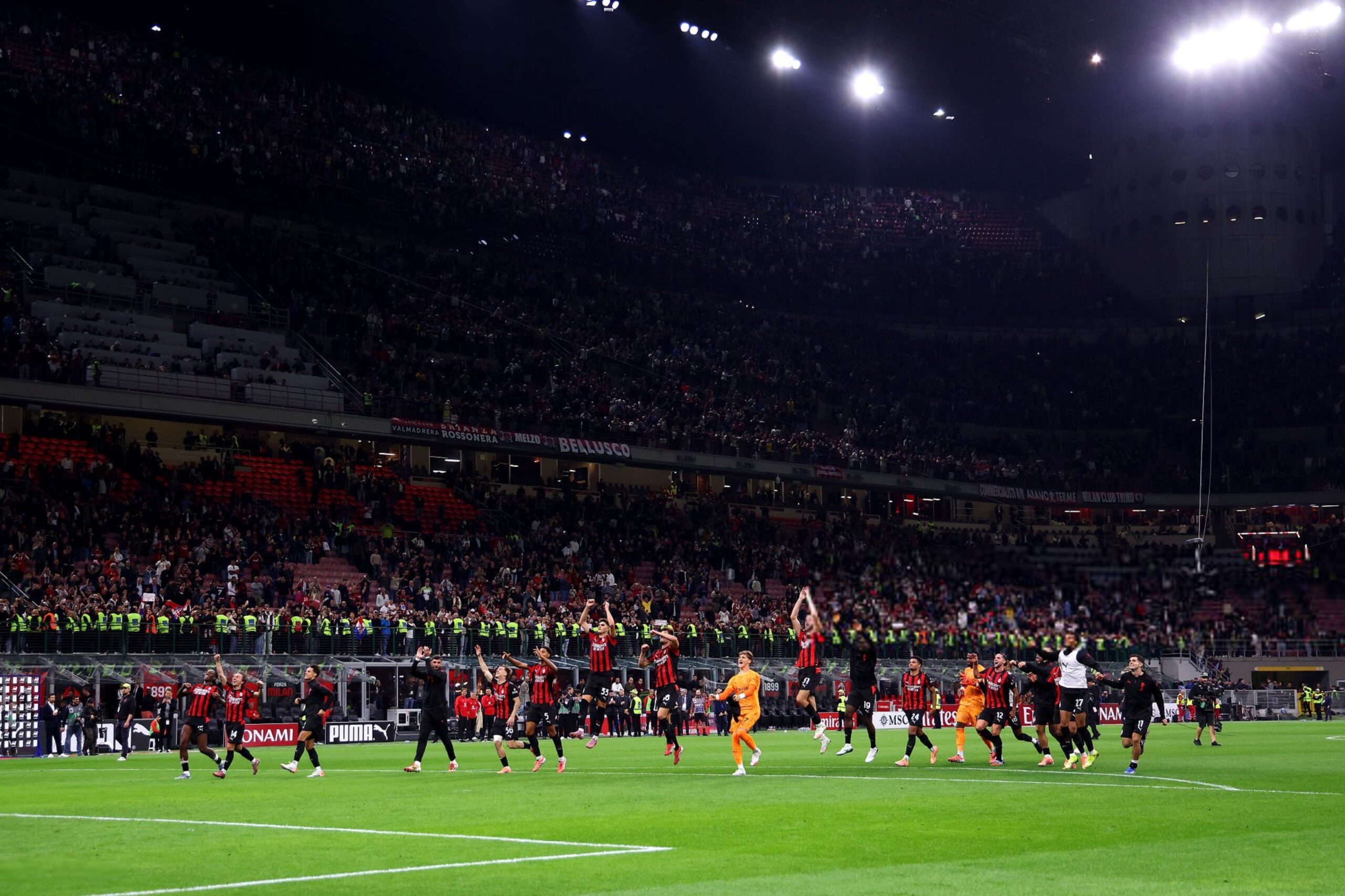"The NFL or the NBA play several games abroad. This respects fans who suffer from the distance but are global. We believe that if football does not follow this path in a measured way, with rotations, and bring its brand abroad, it risks losing ground to other sports." This is how Serie A CEO Luigi De Siervo justified playing Milan-Como in Perth, Australia. He also compared Serie A to major American leagues and even cited the economic fate of football itself as a reason. The decision angered almost everyone: players, fans, and UEFA. Despite this, only external events, like the cancellation of Villarreal-Barcelona in Miami, could truly stop the plan.
By the way, as the Milan - Como match slowly approaches, many fans may want to get in on the action because it promises to be an interesting fixture, whether it’s played at San Siro or in Australia. In fact, there are dozens of platforms on the online betting market right now, and something new appears every month. Players from Kenya most often choose Paripesa.
Regarding the match and the possibility of playing it in Australia, Adrien Rabiot and Mike Maignan of Milan opposed the move, supported by coaches Cesc Fabregas and Massimiliano Allegri. Como’s coach, on the eve of the Parma match, said the Perth game is not confirmed and stressed that “people are the most important. Those who make sacrifices, lose sleep, or spend their wages to follow us.” Como fans expressed the same on the stands against Juventus with a banner reading “Lega Italiana a gambe Aperth,” replacing the E with euro signs. Even Inter president Giuseppe Marotta reportedly refused Serie A’s offer to play in Perth, citing Inter’s busy schedule, especially since San Siro will be unavailable due to the 2026 Milan-Cortina Olympics.
Despite strong media backlash, the match not moved back to Italy. This mirrors past comparisons between La Liga and Serie A, where La Liga’s AD Javier Tebas first promoted playing league games abroad in Europe.
Financial stakes behind overseas fixtures:
The Spanish case illustrates the issue. Villarreal-Barcelona, approved by UEFA despite opposition, mirrors Milan-Como. UEFA noted FIFA lacks regulations for such games. Both organizations diverge, with UEFA defending traditional European football values after the Super League episode, while FIFA under Gianni Infantino expands globally.
Unlike Milan, Villarreal had no stadium issues. The Miami match on December 20 was purely economic. Milan-Como is similar, but without additional justifications. The earnings resemble those in Spain: Villarreal, as home team, earned over €6 million including lost match revenue, while Barcelona got €5-6 million as visitors. Money came from Relevant, the event promoter, letting La Liga avoid paying clubs directly, highlighting the financial stakes of overseas games. Villarreal gains substantially, averaging €2-3 million per home game. Barcelona earns too, but €5 million might underprice their brand, reflecting financial pressure under Laporta’s management.
Economic and marketing reasons justify unpopular decisions. De Siervo claims the move is for long-term benefits. In Italy, Calcio&Finanza reports Australia will pay the clubs while Serie A covers €3-4 million in travel costs. Milan and Como share €8-9 million, with Milan taking more as home team. Other 18 clubs get an unspecified fee. Earnings are decent but risk setting a dangerous precedent and contradict sporting fairness. La Liga’s Miami match faced similar criticism, especially from Real Madrid president Florentino Perez, opposing Tebas and concerned Barcelona would gain a competitive edge. The same risk exists for Milan-Como if a title-contending or European team loses home advantage.
Marketing-wise, Australia seems a poor choice. The A-League struggles for investment and attention, and football is likely outside the top five sports in viewership. Italy-Australia football links exist, with players like Mark Bresciano, Vincenzo Grella, Joshua Brillante, Trent Sainsbury, Alessandro Diamanti, Massimo Maccarone, and Alessandro Del Piero having played there. The Italian community is sizable, but local interest and market potential remain limited. TV rights revenue is minimal, possibly the worst in any continent.
De Siervo told Cronache di Spogliatoio that players and coaches think too much about immediate gains, influenced by instinct. He compared Serie A to the NBA, NFL, and the Giro d’Italia starting abroad. The comparisons fail, as Serie A has home advantage unlike the Giro. Milan-Como represents only 0.26% of Serie A, raising the question if altering competition is worth it. Approval from AFC and FIFA is pending but seems procedural. Serie A voted unanimously for Perth, unlike La Liga, which had internal conflicts. Club presidents who oppose might act opportunistically.
Tebas called the Miami cancellation a "missed opportunity", and warned of threats to European football traditions from governing bodies. The Serie A match may still be canceled, with Tardini under consideration. Milan-Como offers no major economic advantage. The decision seems aimed at small immediate profits without future planning, writes Ultimo Uomo.
Conclusion:
The situation shows Serie A attempting to imitate the NFL, targeting a European market, ignoring cultural differences and ethical concerns. Public statements from De Siervo indicate resistance, but criticism will likely recur, risking future overseas games. The episode highlights Italian football's tendency to copy foreign initiatives in search of quick money, often with minimal tangible benefit.
















